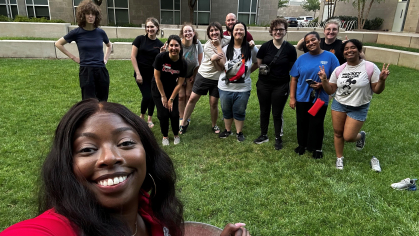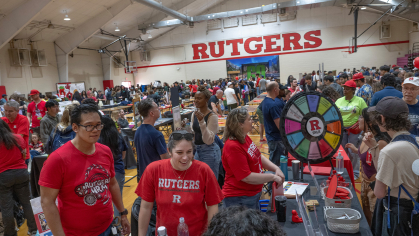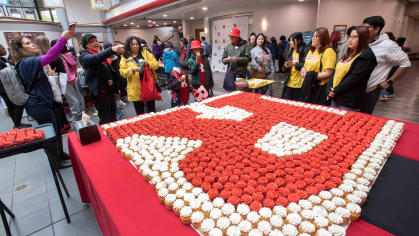Rutgers Supports Autistic Adults During Pandemic
Rutgers Center for Adult Autism Services' new telehealth program and newsletter provides resources for those on the spectrum
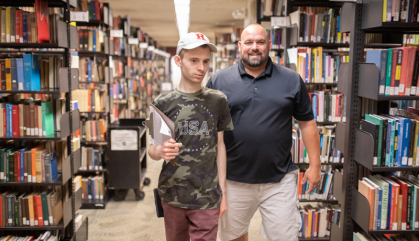
The COVID-19 pandemic has upended work and school schedules for millions across the country.
While new distance learning and working arrangements are aggravating and inconvenient to many, to those with Autism Spectrum Disorder, disruptions in daily routines can trigger problematic – even dangerous – behaviors, said James Maraventano, who directs Supporting Community Access through Leisure and Employment (SCALE) at Rutgers Center for Adult Autism Services (RCAAS).
“A lot of our participants and many people with autism thrive on schedules and really require consistency within their program in order to help them understand what’s expected of them,” said Maraventano. “Because of their behavioral rigidity, any deviation from those routines could evoke a lot of problem behavior and challenges for them and their families.”
On World Autism Awareness Day, a day to celebrate neurodiversity and call for wider efforts in making the world a better place for all people with autism, RCAAS announces plans to offer Remote Supports Services (RSS) to its community-based SCALE program participants, their families and College Support Program (CSP) students through individualized plans for activities and skill-building via telehealth.
“While these are very trying times that often require us to focus on taking things day-by-day, the RCAAS is committed to do everything in our power to ensure that our team, our participants, our families, and the community as a whole have the resources that we need to weather this storm and get back to doing what we do best,” said RCAAS Executive Director Christopher J. Manente.
RCAAS, established in 2016, serves adults with autism by providing meaningful, paid employment and integration into the Rutgers community. Last year, the center broke ground on a new facility that will include vocational and life skills teaching areas, high-tech meeting rooms and amenities intended to provide a welcoming environment for program participants and other members of the surrounding community, including Rutgers students, faculty and staff.
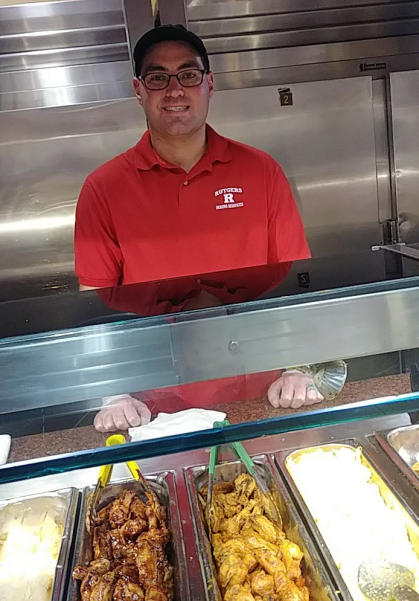
To help bridge the gap caused by shelter-in-place orders, SCALE’s new remote instruction will continue to provide training related to skills that can help participants live as functionally independent as possible. Currently, there are 12 participants enrolled in the SCALE program. Six families have signed their adult children up for this new individualized telehealth program.
“We sent needs assessment surveys to parents to find out the areas they feel their adult children would benefit from,” said Maraventano.
The goal is to work with each participant on their personalized training plans during hourlong sessions once or twice a week via an online platform. Training areas can focus on building safety and awareness, selfcare, skills for daily living and vocational skills. Each instructor will send families weekly email updates with tips for reinforcing their child’s individualized training.
Additionally, RCAAS will produce a weekly newsletter to offer suggestions for routines, skill acquisition programming, and/or problem behavior intervention, said Manente. The newsletter, which is available to the general public, will also provide resources related to accessing remote social opportunities for individuals with autism and their families.
“We are hoping this newsletter has national – even global – reach so we can offer more families access to quality, evidenced-based resources that we utilize to inform our program and instruction at RCAAS,” said Maraventano.
To sign up for the new RCAAS newsletter, email Maraventano: jmara@rcaas.rutgers.edu.
